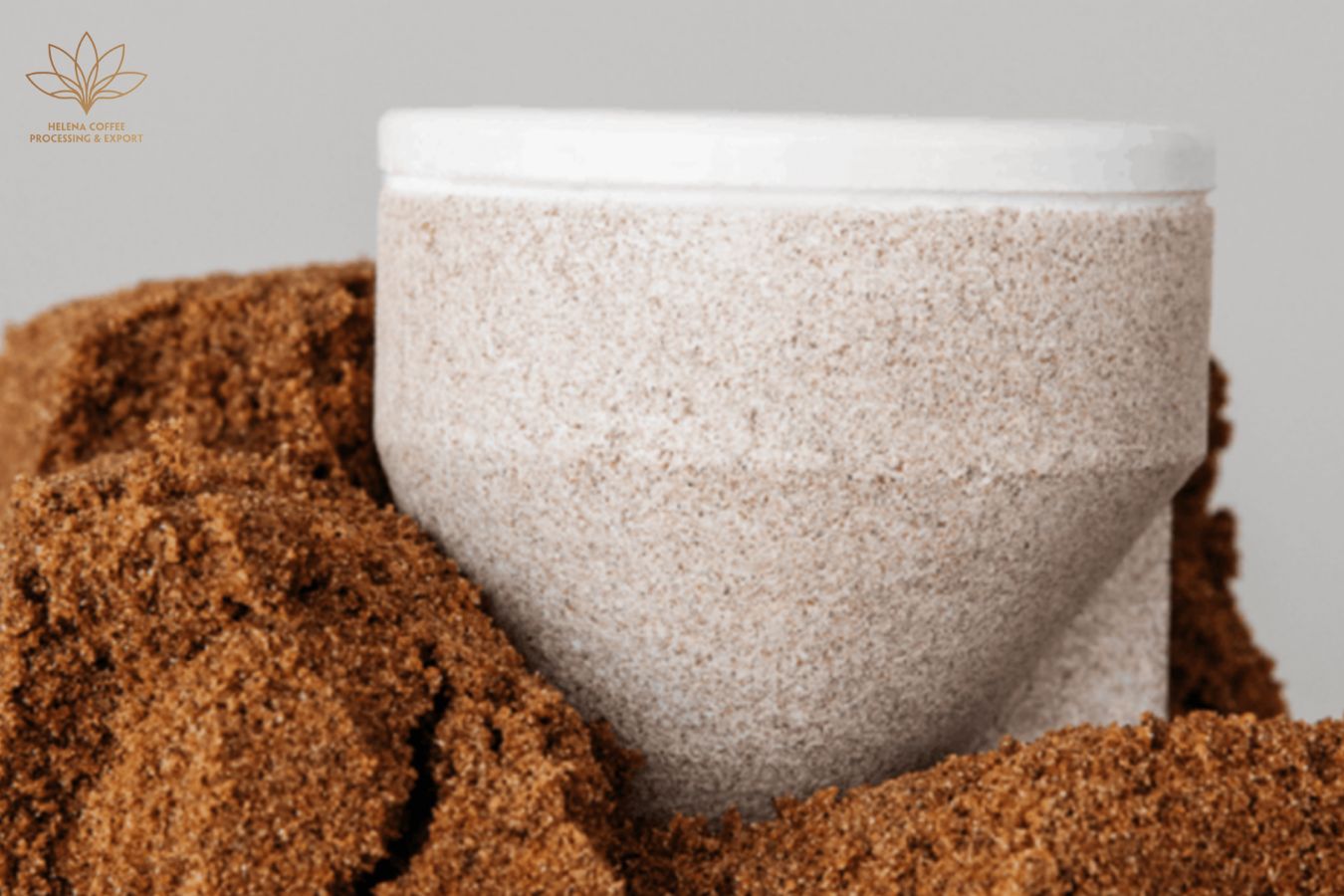
In traditional Bedouin culture, guests and hosts will communicate through gestures with their cups. To honour a guest, the host will use his fingers to support the bottom of the glass when serving water – the conical cups make this easy for the host. When finished, guests will hold the rim of the glass and shake it gently to announce that they have had enough.
Tinka, a design team with offices in Dubai and London, says: Based on this story, we create products and experiences that resonate with cultural memories. In Arabic, Tinkah means “tin box”, an item used by the Bedouins to protect their valuable possessions.
Foundry is a creative environment founded by Tinkah with the primary purpose of developing experiences. It allows Tinkah artists, designers, writers, me to create an environment dedicated to challenging the monotony of commercial designs.
Although the team members come from many different countries, the designers still choose their direction and inspiration from the rich source of thought, history and culture available locally.
“Every day that passes, we try to let the desert sands sink into oblivion. But now we want to bring it back to our lives” – Tinkah wants to feel the traditional Bedouin coffee in its truest sense like an espresso served in Milan or an Arabic coffee in Cairo; that’s why sand will be something that plays a unique role and function.
Beyond function, Bedouin’s coffee culture plays a vital role in shaping coffee cups. The simple, white trim on the glass is a visual cue to this unique tradition. Although the Bedouin coffee cup is not decorated, a handle that prevents the cup from falling also contributes to making this cultural product more relevant to contemporary coffee drinking.
We believe that our product is the physicalization of the stories of this land.
Inspired by desert dunes, Foundry has started to develop a cast material with characteristics of desert sand in the United Arab Emirates (UAE) to collect samples of different coloured sands. They found abundant and unused natural resources in the UAE, thereby using sand as a renewable product. This effort quickly turned into a science challenge finding new materials, every trial and error influencing decision making. Iron, calcium, silica, aluminium and magnesium are just a few elements found in the desert sand, and each sand sample is different in composition.
Focusing on an expanded manufacturing specification, they set out to create a composite material that combines sand’s visual, tactile, and thermal insulation properties with those of ceramic. Through a series of failures and continued testing, they achieved promising results. After much effort, the slip casting technique was successful, and the mixtures and firing temperatures of the traditional kilns were re-practised and adjusted. In the end, Foundry designed and produced an exquisite cup of coffee using its new material, Ramel.
Instead of blending into its surroundings, “Ra-mel” can transform shapes into products that are both aesthetic and functional, as well as highlight and celebrate the Middle East’s most decadent element. Historically, desert inhabitants thrived in extreme conditions by taking advantage of the arid environment around them in innovative ways.
“The Middle East is in a renaissance after a slump in design. With an exciting experiment that embodies national identity at its core, we aim to help fill in the area’s design sector gaps. Beyond innovation, we aim to bring untold stories of Middle Eastern design. Coffee is a transnational culture, and drink sets are the way forward.”